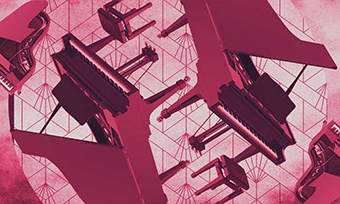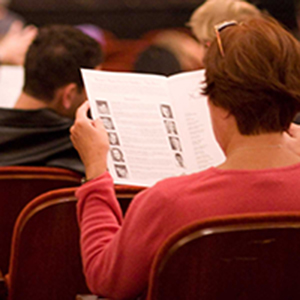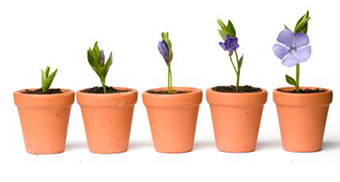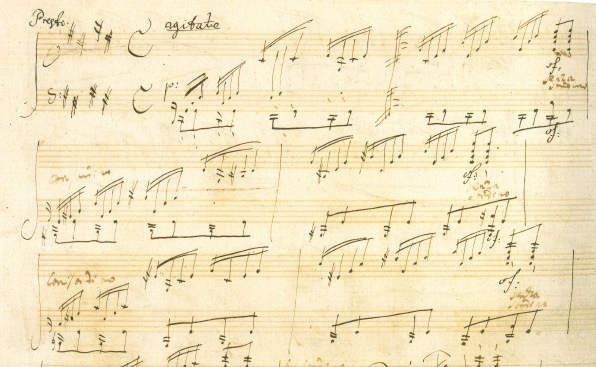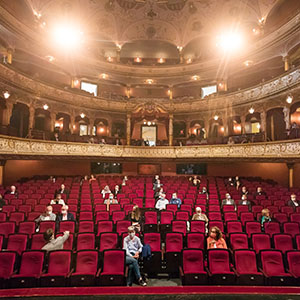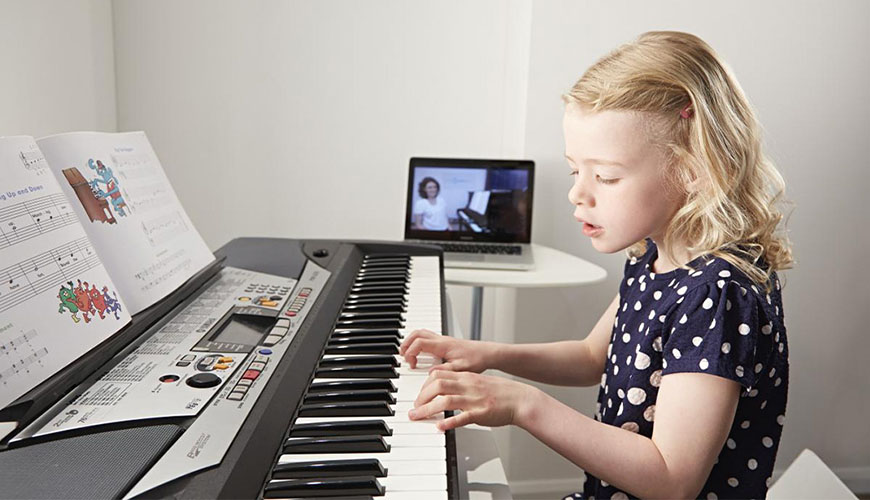A reflection on the obsession with rankings I have to apologise that this is a clickbait. This is not going to be a list of top 10 pianists or anything like that. But before you close this tab, I would
Opinion
A Response to Frances Wilson — Why Sir András Schiff is Not All Wrong about Modern Audience Previously, our contributor Frances has written an articulate article in response to András Schiff’s comment about modern audiences, which I attach here again
Would you rather spend a lifetime in front or behind creative peak? There seems to be two types of creative characters: the early-bloomers and the late-bloomers. The early-bloomers often considered prodigies, while the late-bloomers often displaying a diversity of training,
Such is the canonisation of classical music and the veneration of those who wrote, and write it, that the “composer’s intentions” are generally regarded as sacrosanct. Look at the value placed on “urtext” and autograph scores as receptacles of the
Should Organizers Focus on Popular Classical Repertoire During the Time of Corona? As concert venues, their managers, promoters and artists begin to emerge from lockdown and survey the devastation wrought on the industry by the coronavirus pandemic and governments’ responses
A Response to Sir András Schiff’s Comment About Modern Audiences The attitude and behaviour of classical music audiences has been in the British news (not for the first time!) thanks to an article about Hungarian pianist Sir András Schiff in
Most people, including musicians, don’t really take any notice of their bodies until they feel pain or are injured. Athletes on the other hand tend to have a far greater awareness of the body, in tune with its mechanisms and
With the coronavirus and the attendant need for social distancing likely to last for months, many teachers have moved online in order to continue teaching, using applications such as Zoom, Skype and Facetime. This has forced a rapid embrace and

